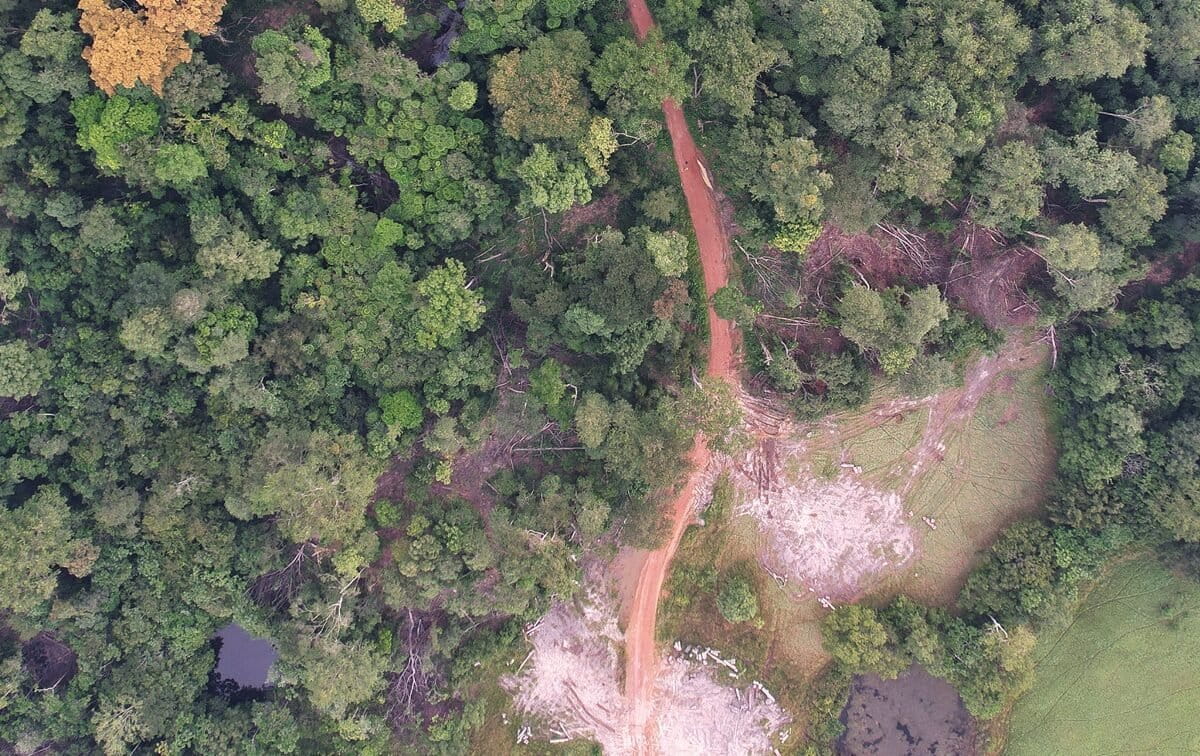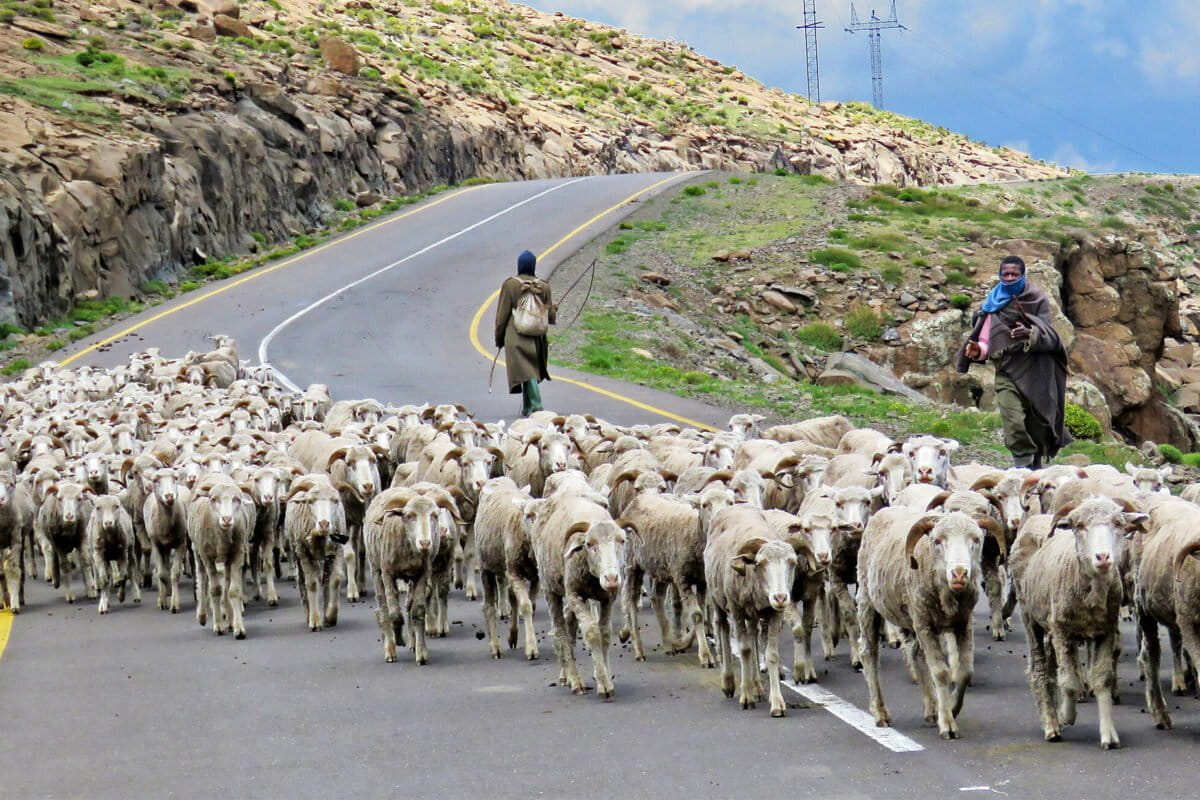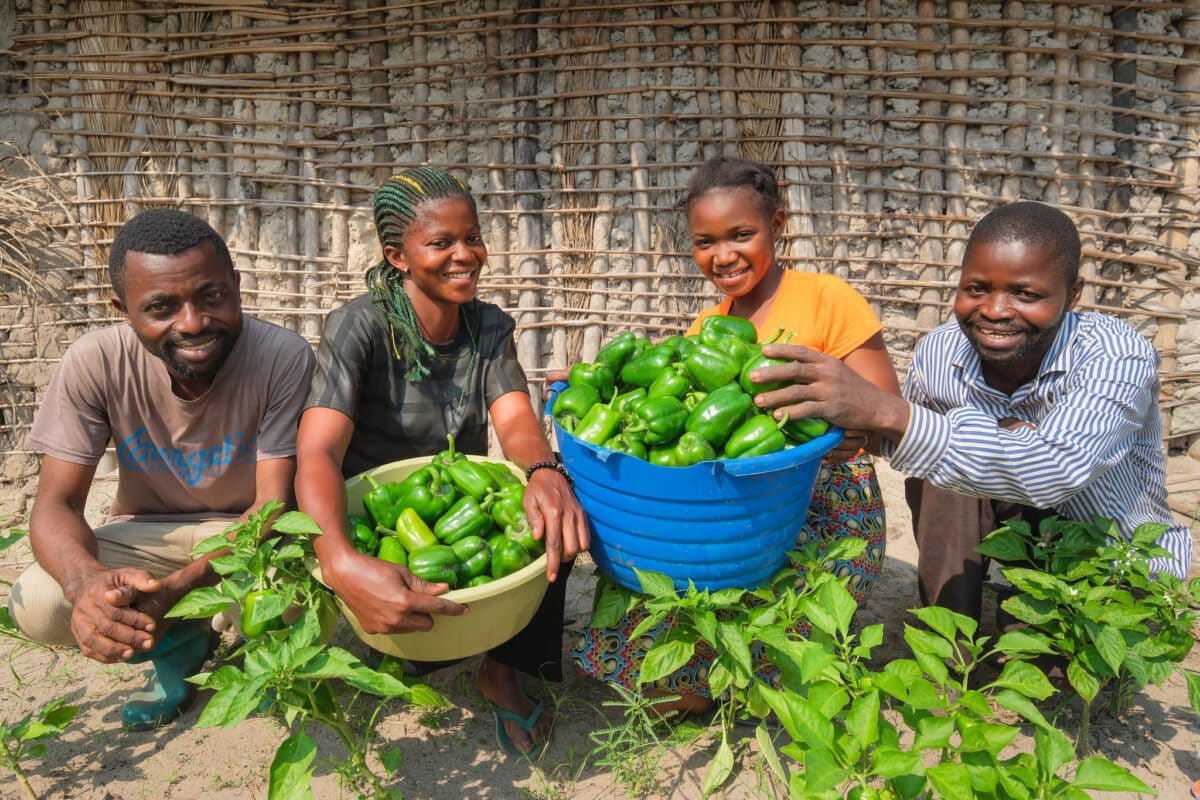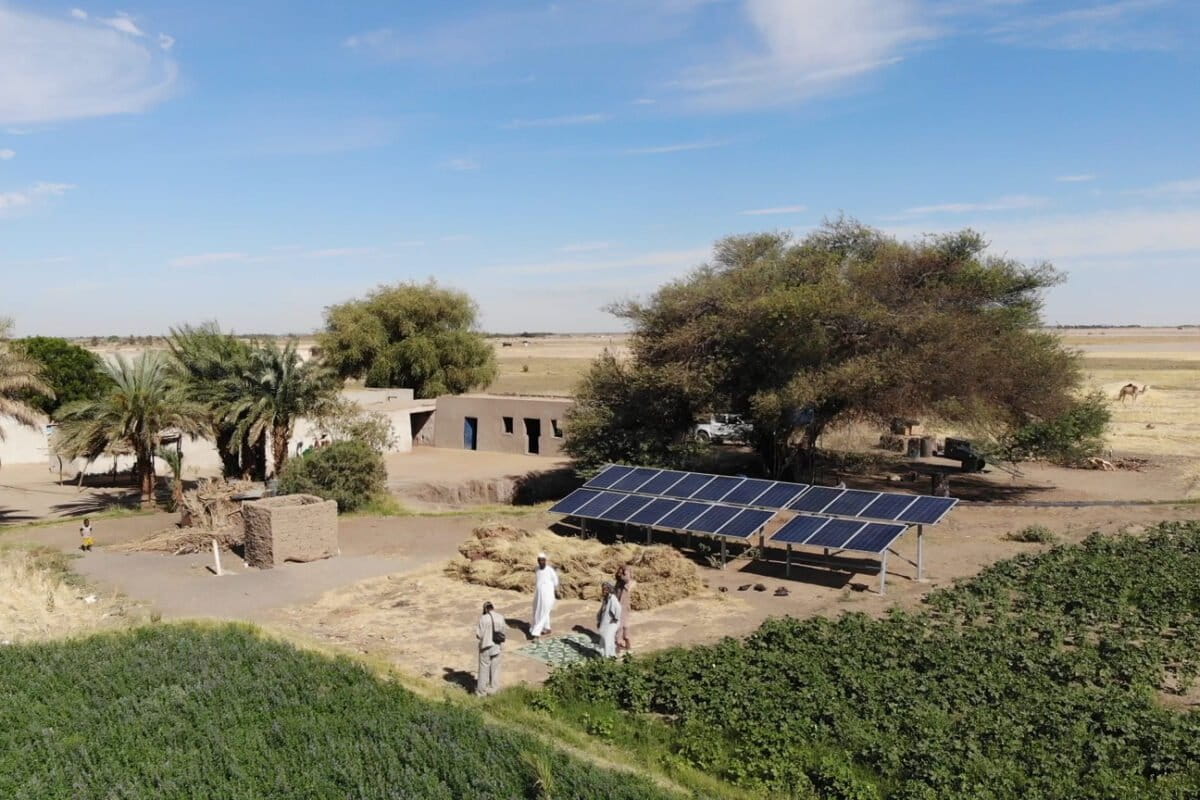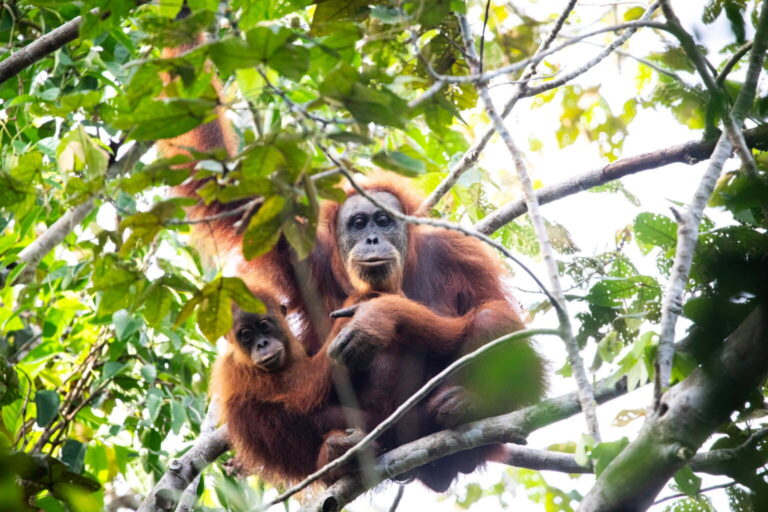- A report by Global Witness reveals that major South American meat companies, Minerva Foods and Frigorífico Concepción, are linked to the deforestation of over 75,000 hectares (185,000 acres) in Paraguay’s Gran Chaco between 2021 and 2023.
- This deforestation puts Indigenous territories at risk, they say. About 18,000 hectares (44,000 acres) of deforestation – an area larger than Paris – occurred on the lands of the Ayoreo Totobiegosode, a partially uncontacted Indigenous group, threatening their cultural survival.
- Global collagen manufacturer Rousselot has sourced over 3,000 tonnes of cattle hides from farms linked to deforestation. International retailers such as Amazon and Costco sell products containing Rousselot’s collagen.
- Environmentalists say a proposed delay to the EU’s landmark anti-deforestation regulation could prolong environmental damage in regions like the Gran Chaco.
Global collagen and meat industries are continuing to foster rampant deforestation and contribute to the rights violations of Indigenous communities in Paraguay’s Gran Chaco, one of South America’s last climate-critical forests, according to a new report from the environmental NGO Global Witness.
Global Witness revealed that two of South America’s largest meat companies, Minerva Foods and Frigorífico Concepción, are directly supplied by a series of cattle farms responsible for more than 75,000 hectares (185,000 acres) of forest clearance in Paraguay’s Gran Chaco between 2021 and 2023 — an area roughly equivalent to the size of New York City. This follows investigations in previous years, like one Earthsight in 2020, that found the meat companies implicated in the same issues.
The Global Witness report traced a portion of this deforestation to Rousselot, a leading global collagen manufacturer that purchased over 3,000 tonnes of cattle hides from Frigorífico Concepción since 2022. Products containing Rousselot’s collagen, like Peptan, are sold by international retailers such as Amazon and Costco.
It is unclear exactly how much deforestation Rousselot is directly linked to through such purchases.
Neither Minerva Foods nor Frigorífico Concepción responded to Mongabay’s requests for comment. But Darling Ingredients — Rousselot’s parent company — stated that the company is operating within the bounds of legality in the Paraguayan Gran Chaco. “We stand by our commitment to sourcing raw materials responsibly and sustainably,” the company said in a statement.
Environmentalists also raise concerns about how a proposed delay to the upcoming EU anti-deforestation regulation could prevent the meat companies from changing their actions in the Chaco sooner rather than later.
The Gran Chaco is the second-largest forest in South America, yet it is commonly overlooked in favor of its lush neighbor, the Amazon rainforest. Nonetheless, the Chaco — which spreads across northern Argentina, Paraguay, Bolivia and Brazil — is crucial for biodiversity and climate change mitigation.

“The Chaco is very unique because there’s nothing like it anywhere in the world, and it harbours a huge amount of unique fauna that you don’t find in other parts. From the perspective of Paraguay, this is one of the least understood places for its fauna and flora,” Noé de la Sancha, Assistant Professor in the Department of Environmental Science and Studies at Chicago’s DePaul University, told Mongabay.
It is also one of the most deforested areas on the planet due to the expanding agricultural frontier, hunting, and climate change.
Although much of the Gran Chaco is characterized by its arid landscape, the region boasts remarkable ecological and cultural diversity. Over 20 Indigenous groups, including the Wichí, Toba Qom, Moqoit, Pilagá, Guaraní, Ava Guaraní, Sanapá, and Enxet Sur, call this area home, bringing with them a wealth of cultural, religious, and linguistic traditions. As a predominantly rural region, the people and communities that live there maintain a close connection to their environment, which serves as their primary source of sustenance and livelihood.
Global Witness’s new report also revealed that a quarter of the deforestation registered in Paraguay’s Gran Chaco between 2021 and 2023 — 18,000 hectares (44,000 acres), itself an area larger than Paris —occurred on the lands of the Ayoreo Totobiegosode, a partially uncontacted Indigenous group, threatening their cultural survival and way of life.
Although Paraguay recognized the ancestral lands as protected in 2001 and a human rights court called for measures to stop deforestation in the territory, cattle ranchers continue to hold land titles on the Ayoreo Totobiegosode territory. Legal battles between rights groups and ranchers over property titles continue.
“Meat companies must stop buying from producers that occupy Indigenous territories. Many of these farms don’t benefit anyone except the owner [of the land] and a few others. It just creates more need for the people in our territory, who are poor,” a spokesperson of the Ayoreo Totobiegosode, simply referred to as Guede, said in the report.
Collagen, which has gained widespread popularity in recent years and has been widely touted as a wellness product for its purported skin-enhancing benefits, has also become part of a global supply chain entangled with environmental destruction and human rights abuses.
Prior investigations also revealed that demand for the wellness product was a determining factor behind deforestation in Brazil, one of the world’s leading beef producers.


Backing of the state
While Paraguay has a ‘zero deforestation law’ for its Eastern region, the law does not apply to the Chaco, and ranchers are only required to preserve 25% of forest cover on their properties, according to a 1973 law. Cheap land and weak environmental regulations have made Paraguay an attractive destination for cattle ranchers.
“The political will is not there to stop deforestation compared to the potential gains of agri-business and land speculation. People profiting from these land clearings, even in the Indigenous territories, know that the government stands firmly behind them,” Charlie Hammans, who authored the report, told Mongabay.
The Gran Chaco has suffered from deforestation for decades, though experts warn the rate of deforestation has spiked in recent years, driven primarily by a growing cattle industry and bolstered by government administrations that favor the industry’s development and growth.
Paraguay’s northern departments of the Chaco, Presidente Hayes, Boquerón, and Alto Paraguay, have lost 30% of their tree cover in the last 20 years, equivalent to 5.42 million hectares (13 million acres).
If current deforestation rates continue, Global Witness estimates that Paraguay’s Gran Chaco region could be completely wiped out by 2080, endangering not just its diverse wildlife and displacing native Indigenous populations, but also threatening vital carbon stores crucial to fighting climate change.
“If the Ayoreo ceased to exist, Paraguay would lose a part of its fundamental spirit. If our territory were lost, the country would also lose a huge conservation asset. The greatest conservation assets Paraguay has nationally are within Indigenous territories,” Guede said.

The EU anti-deforestation law
A recent proposed delay to the European Union’s anti-deforestation law (EUDR) could further exacerbate the problem, said environmentalists. The EUDR, designed to prevent certain deforestation-linked products from entering EU markets, could face a delay of 12 months due to pressure from industry and several EU member states.
This postponement could allow for the continued exploitation of ecosystems like the Gran Chaco and delay accountability for the Paraguayan cattle industry. Under the legislation, “the vast majority” of the Gran Chaco falls into the category of a forest, said Global Witness, and products from these regions entering EU markets would face a delay in regulation. However, while meat is included in the list of products regulated by the EUDR, collagen itself is necessarily not. Though, cattle hides for collagen production, as is done by Rousselot, would fall under the EUDR.
Global Witness calculated that a delay to the regulation could lead to global deforestation levels covering an area equivalent to almost fourteen times the size of Paris, emitting carbon equal to 188 million long-haul flights.
Although Darling Ingredients did not answer specific questions addressing the EUDR, it said that “all hides sourced from Paraguay or the Amazon Basin areas within Brazil come from suppliers that have traceability in place.”
“We have also performed our own quality and traceability audits and we require each supplier to sign a statement on deforestation and land rights,” the statement added.
According to Global Witness, none of the companies have committed to changing its sourcing patterns in response to the report’s findings.
“It is time to say: ‘Enough is enough’. Indigenous communities are under threat and we have an incredible and beautiful ecosystem that has almost been entirely decimated,” Hammans said. “It’s time to stand up and protect the last bit that’s left.”
Banner image: Cattle in Karanda’y palm tree savanna (Bajo Chaco), in Alto Paraguay Province. Image by Peer V. via Wikimedia Commons.
A mega-highway threatens South America’s vulnerable Gran Chaco
Latest episode from the Mongabay podcast: Indigenous perspectives and a fossil fuel phaseout treaty featured at Climate Week. Listen here:
FEEDBACK: Use this form to send a message to the author of this post. If you want to post a public comment, you can do that at the bottom of the page.


